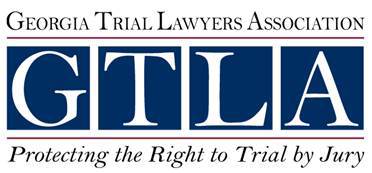Melton v. General Motors Cited as Prime Example of the Link Between the Civil Justice System and the Safety of Georgians
FOR IMMEDIATE RELEASE
Media Contact: Chris Kelleher (770) 355-6052
Atlanta, GA – The Georgia General Assembly is currently considering House Bill 643, legislation that would severely limit the discovery process in all civil litigation and would allow wrongdoers to hide evidence without fear of penalty. And, despite being falsely portrayed as a common-sense, pro-business proposal, the potential far-reaching effects of HB 643 would be devastating for Georgians.

“The Melton case is the poster child for why the discovery rules in Georgia work to not only protect parties in civil cases, but also consumers,” said Attorney Lance Cooper. “Without the current discovery rules, the public would never have discovered the truth about GM’s knowledge of the safety defects in Brooke’s car, and GM would never have been pressured into recalling over 1.4 million cars.”
As a result of the facts eventually brought to light during the discovery process of Melton v. General Motors, GM has been compelled to recall over 1.4 million affected vehicles in the U.S. In addition, the National Highway Transportation Administration, the U.S. House Energy and Commerce Committee, the U.S. Senate Commerce Committee and the United States Attorney’s Office in New York have all opened inquiries or investigations into General Motors’ failure to act on their prior knowledge of this defect.
How many more lives would General Motors have been willing to risk before they admitted to their mistakes? Thankfully, the discovery process saved us from having to answer that question. It is our responsibility to ensure that our civil justice system and our courts demand accountability from irresponsible businesses and not allow them to hide evidence.
“House Bill 643 will make it more difficult to uncover relevant evidence in cases and negligent parties will be able to stonewall during discovery and evade responsibility for their harmful conduct with no risk of sanctions for doing so,” concluded Cooper.






